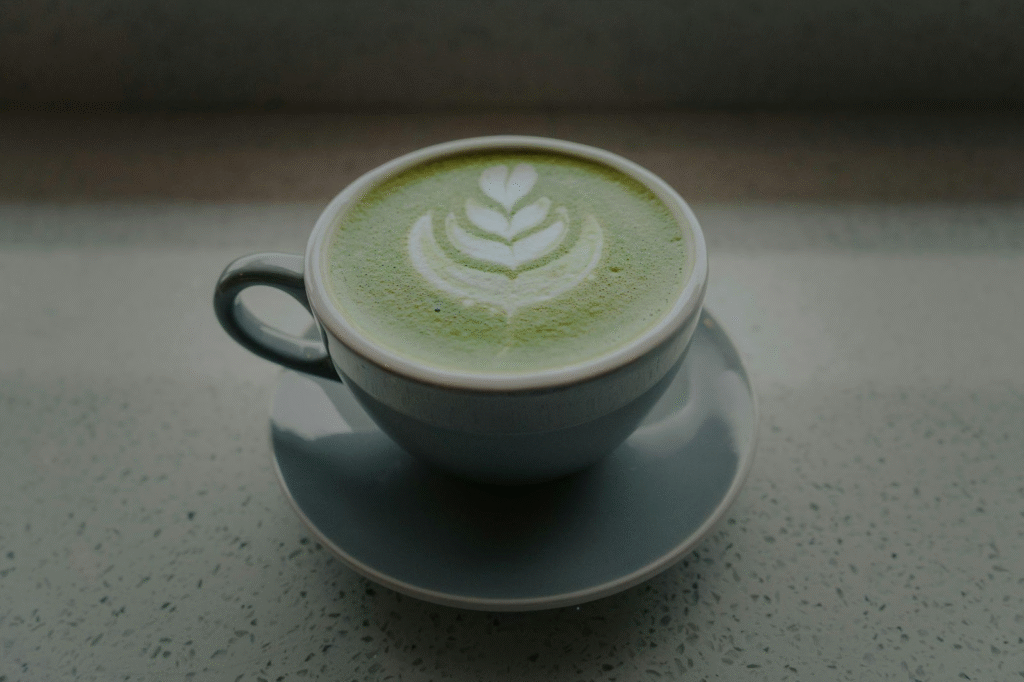The Matcha Paradox: Is Your Favorite Green Drink Helping or Hurting Your Kidneys?

Image credit: Unsplash
For a lot of people these days, a frothy cup of matcha is a daily ritual. It’s a daily source of clean energy and powerful antioxidants, a healthier alternative to coffee. Known as a superfood, this vibrant green drink is definitely getting so much love lately for its unique taste and health benefits. But is it really as healthy as it poses to be?
For those mindful of their kidney health, this question often arises: is this trending drink really a friend or a silent foe? The relationship between matcha and your kidneys can be a paradox. While it is undeniably rich in antioxidants, consuming too much matcha and too little water can be a concern. Let’s explore both sides of the coin to help you understand how your daily matcha habit can affect your kidneys.
What’s inside your matcha?
Matcha isn’t just regular green tea. It’s a concentrated powder from the entire tea leaf. So this is packed with a lot more good stuff, like antioxidants. However, it also has a higher level of other compounds that could be a possible concern for your body, especially if you have pre-existing conditions.
Antioxidants and kidney protection
The good news? Matcha is packed with antioxidants called catechins. These are powerful compounds that have reno-protective or kidney-protective abilities that help fight off cell damage and inflammation. This can be great for your overall health, including supporting healthy kidney function and protecting them from stress.
The potassium question
In contrast, matcha’s high potassium content is a major factor to consider. For most people, this is not an issue since the kidneys do filter out extra potassium. But if you already have pre-existing kidney issues, your body may struggle to get rid of it, which could lead to health problems.
The creatinine connection
A key measure of kidney health is your blood’s creatinine level. While matcha does not directly affect this number, dehydration caused by too much matcha intake could still pose a threat to your health, making your kidneys less efficient.
Caffeine and hydration
Like coffee, matcha had caffeine. Although not as high in content as there is in coffee, too much caffeine intake can lead to dehydration. This can make your kidneys work harder and damage them. So make sure you’re still drinking plenty of water alongside your daily matcha habit to keep your body properly hydrated and your kidneys happy.
Oxalates and kidney stones
Matcha contains oxalates. And these can contribute to the formation of kidney stones in some people. So if you are prone to forming these stones, it’s wise to be mindful of your green drink intake and discuss it with your doctor.
Wrapping Up
So you see, for most people, matcha is a safe and beneficial drink. The risks only apply to those with already existing kidney issues. But it’s not so bad to look after your kidney health despite not having these problems! Always talk to a doctor or dietician about your health and needs to make sure your matcha habit remains a healthy habit.